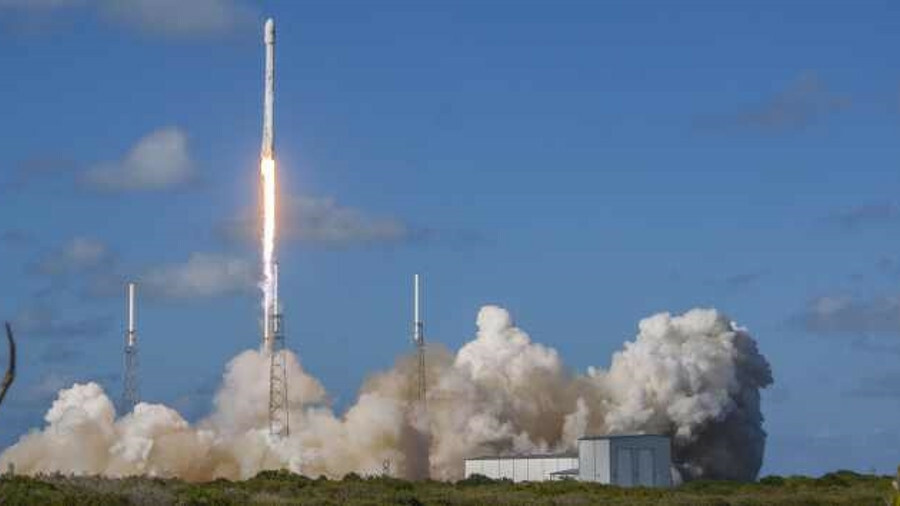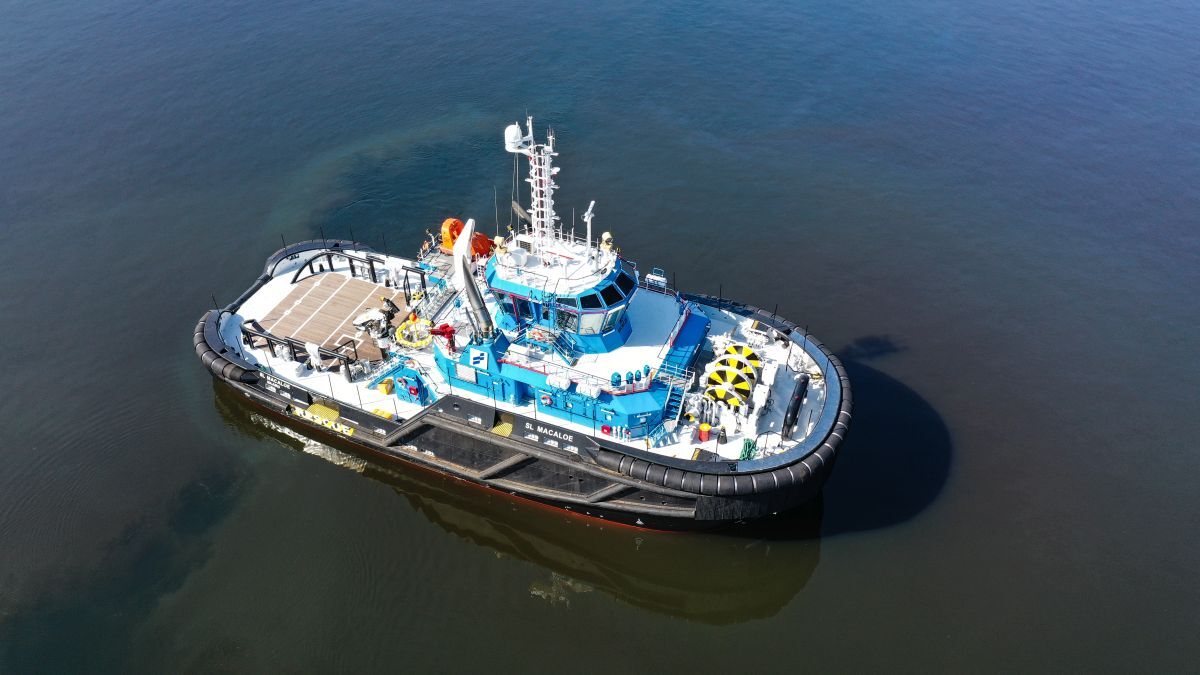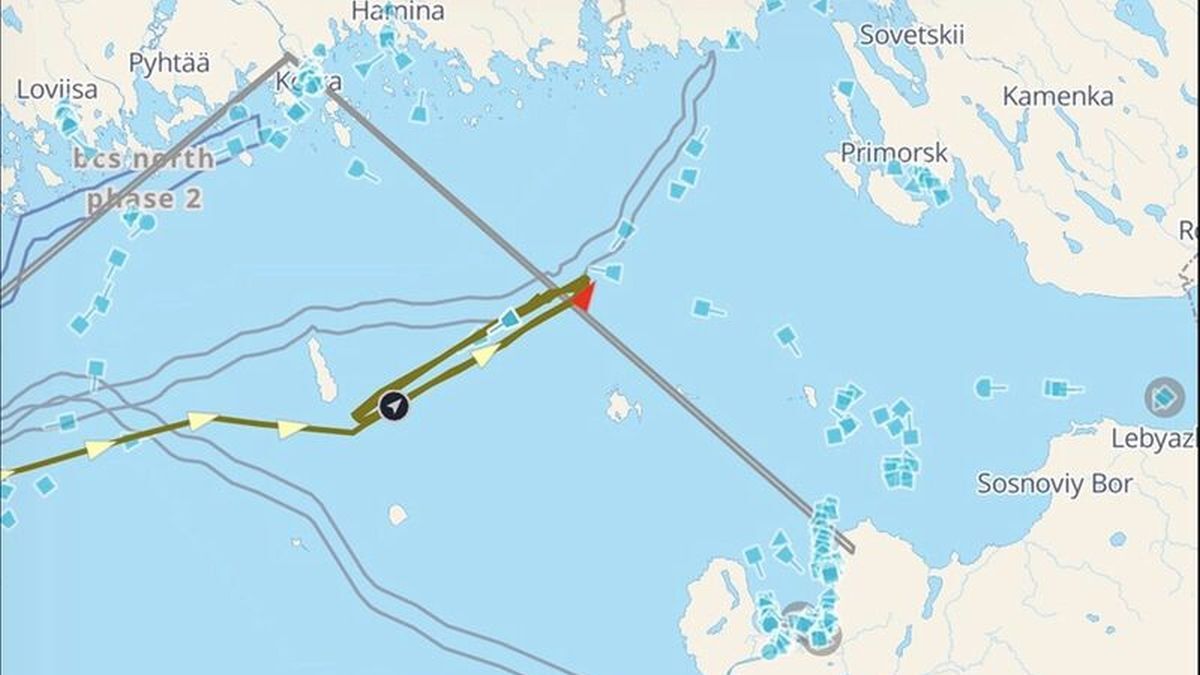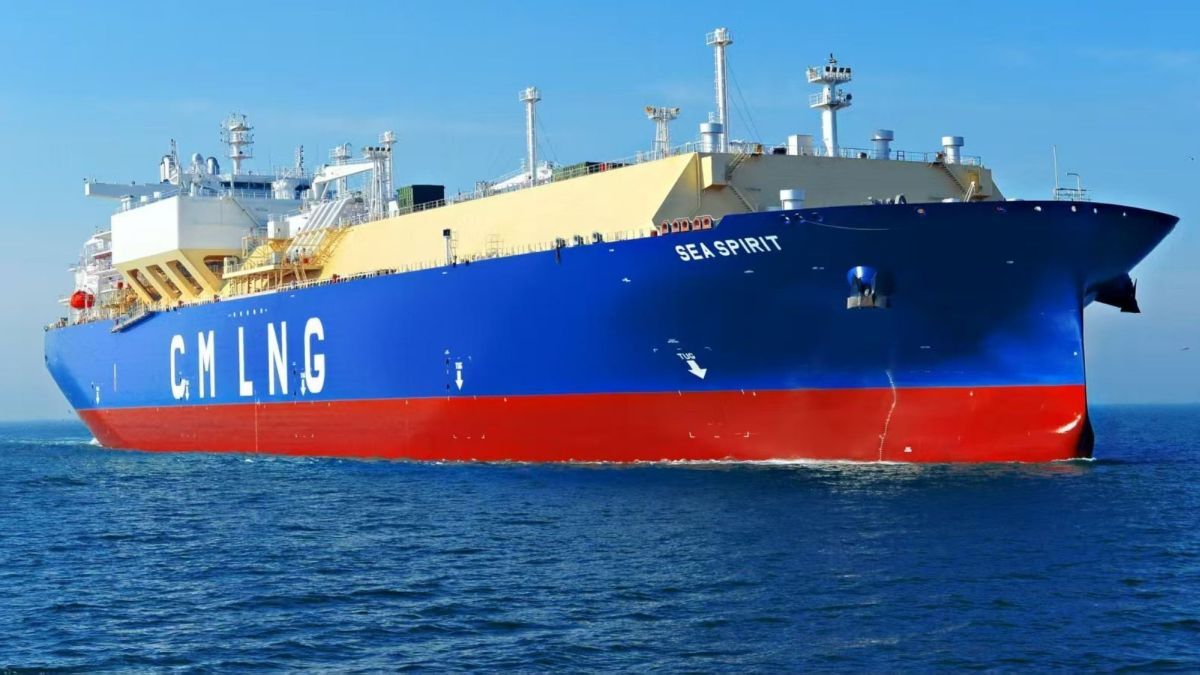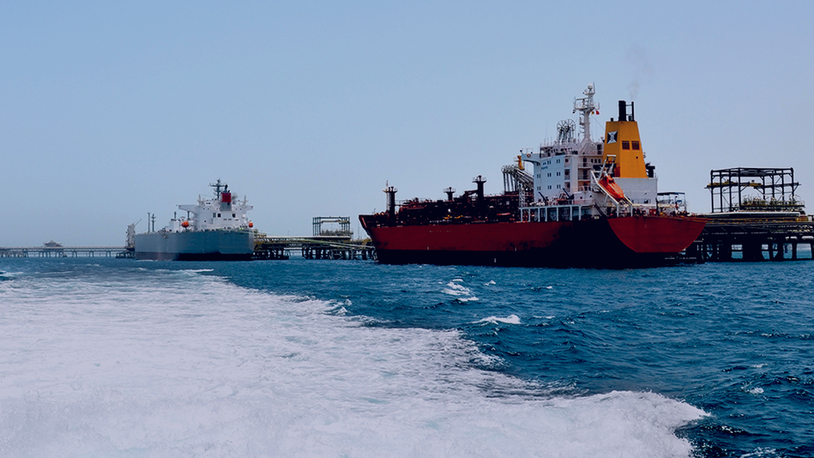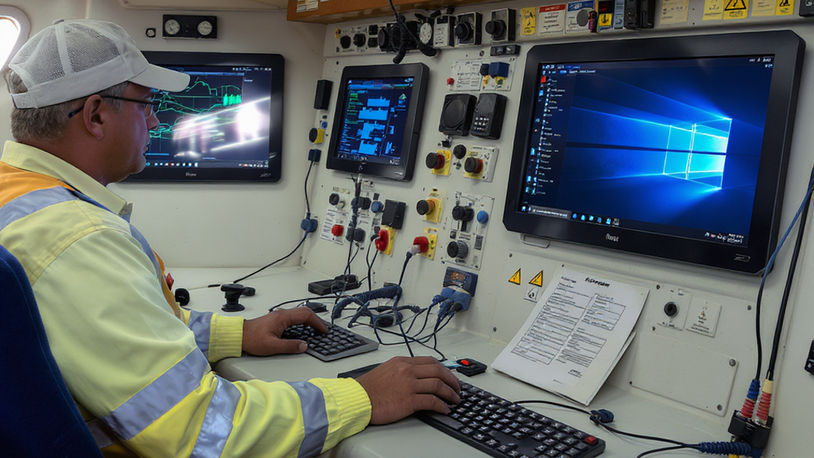Business Sectors
Events
Contents
Satellites deliver VSAT to Asian shipping
Thaicom has introduced broadband connectivity to maritime markets, starting in Thailand and Japan, while Singtel already provides ship connectivity in Asia
Asian shipowners and operators can use regional satellite platforms for maritime broadband communications. These are developed as alternatives to using connectivity platforms offered by VSAT providers and satellite operators that have global reach.
Thailand-headquartered Thaicom was the latest Asian satellite operator to introduce a platform for maritime communications when it unveiled the Nava maritime connectivity service for ship and offshore operators in February this year. This expands its existing platform, which is available for terrestrial broadband into maritime markets.
Thaicom said Nava is a high-speed broadband service that was designed “to connect everyone and everything at sea”. It will enable shipowners to use the connectivity to improve efficiency of vessel operations and will also connect crew and passengers to high-speed internet.
Nava was designed to provide high data rates similar to speeds that fibre networks deliver onshore to vessels using Ku-band and C-band coverage from Thaicom’s satellites. “With Nava, we are able to support the digital transformation at sea,” said Thaicom chief executive Paiboon Panuwattanawong.
He said Nava was introduced for maritime markets as “part of our vision to transform the company into a leading digital platform operator and provider of digital services.”
“With Nava, we are able to support the digital transformation at sea”
Thaicom senior vice president for media and retail business Ekachai Phakdurong said Nava should “enable a broadband experience previously unavailable to the maritime industry.” This is because Thaicom could offer an “end-to-end service value proposition and high bit rate capability” for demanding applications. This includes 24/7 support and connectivity over a secure and resilient network.
These services are delivered by Thaicom’s broadband satellite coverage in Asia Pacific. This extends from the Middle East, over northern areas of the Indian Ocean and into southeast Asia to the western side of the Pacific and over Australasia.
Thaicom is offering three Nava-based services. Nava Media is for delivering media content, such as entertainment and training programs, to crew, while Nava Connect provides high-speed internet connectivity for vessel operations, crew and passengers. Nava Ship Manager offers connectivity for asset and engine monitoring and fuel consumption advice. It also provides data transmission capacity for maintenance planning to improve operational efficiency and ship productivity.
“We plan to offer Nava service in high growth markets, including Japan and Thailand, due to our strong market position there,” said Mr Phakdurong. Thaicom plans to expand its services to other Asian countries in the future by co-operating with its business partners.
Singapore hub
Singapore Telecommunications (Singtel) already provides maritime connectivity services in Asia over its satellites. It provides connectivity to ships with coverage on three satellites with Ku-band and extended C-band beams over the Asia-Pacific, Middle East and Africa. Its coverage ranges from west Africa and across the Indian Ocean through Asian seas into the west Pacific and over Australasia.
Singtel uses this connectivity to provide ICT and crew welfare applications to shipowners. Ku-band and C-band coverage can also be used for mission-critical communications, control and monitoring and improving operational efficiency. Singtel also offers Inmarsat’s Fleet Xpress Ka-band service to shipping.
One of its recent contract awards involved Fleet Xpress to gas carriers operated by Hyproc Shipping, which is a subsidiary of Algerian energy giant Sonatrach. Singtel deployed Ka-band and L-band terminals on these ships and provided its own ICT services to ensure these gas carriers maintained broadband connections over satellite.
Thaicom satellite fleet
Satellite launch date coverage
- Thaicom 4 Aug 2005 92 Ku beams India, E Asia, SE Asia, New Zealand, E Australia
- Thaicom 5 May 2006 12x C-band Middle East to SE Asia, Indian Ocean
- Thaicom 6 Q4 2013 12x C-band SE Asia, 2 Ku-band Thailand, Vietnam, Malaysia
- Thaicom 7 Q2 2014 14 C-band, Middle East to S China Sea, Australasia, W Pacific
- Thaicom 8 Q2 2016 24 Ku-band, Middle East, India, SE Asia
Related to this Story
Events
Offshore Support Journal Conference, Americas 2025
LNG Shipping & Terminals Conference 2025
Vessel Optimisation Webinar Week
© 2024 Riviera Maritime Media Ltd.


